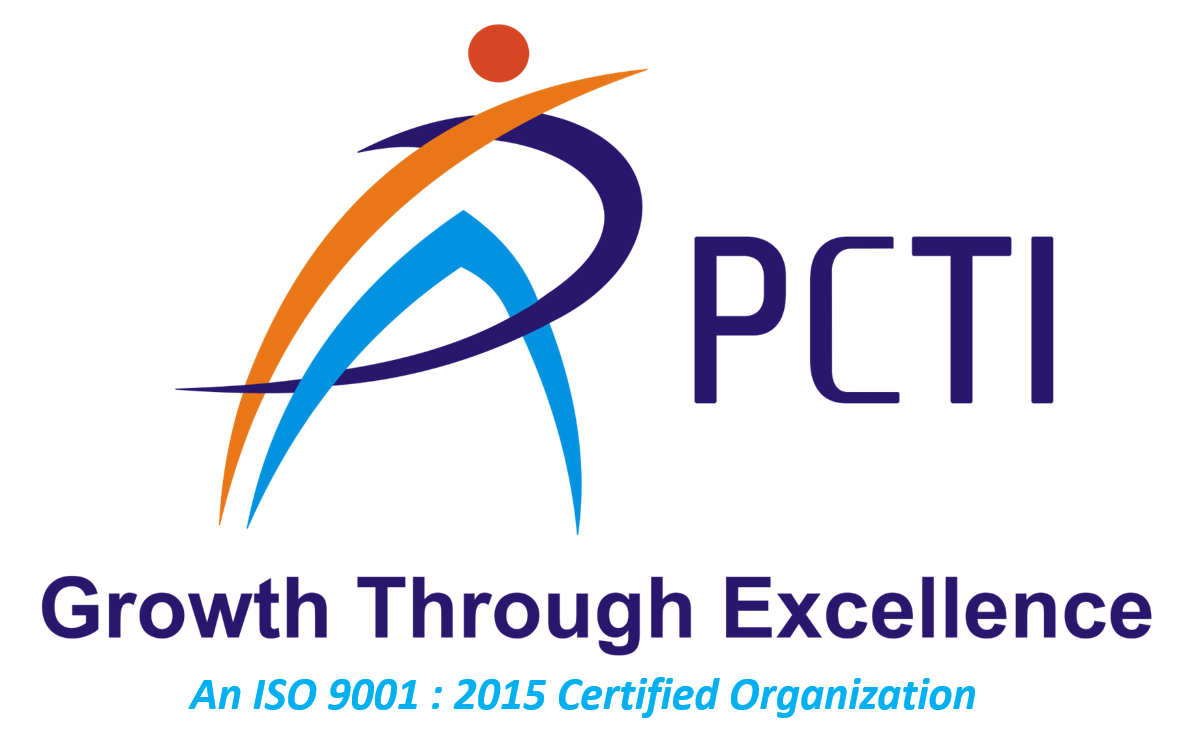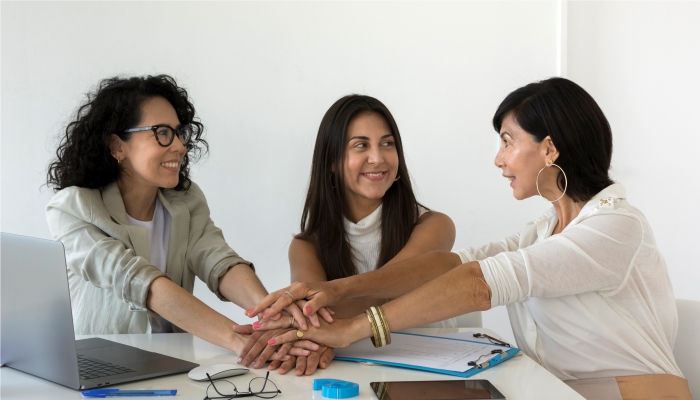Why social skills are important in our lives
It's critical that children spend time before they arrive in school in a warm, attractive and inclusive environment, where they can learn through play, master social skills and prepare for formal schooling.
Michael Gove
Social skills are the skills we use to communicate and interact with each other, both verbally and non-verbally, through gestures, body language and our personal appearance. Human beings are sociable creatures and have developed many ways to communicate messages, thoughts and feelings with others.
What we says is influenced by both verbal and the ways we express it – the tone of voice, volume of speech and the words we select - by body language, gestures and other silent communication methods. The fact that some people are better 'social integrators' than others has led to detailed investigations into the nature and function of interpersonal interaction. Developing social skills is about how we communicate with others, the messages we send and how methods of communication can be improved to make the way we communicate more efficient and effective.
WHY DO YOU NEED SOCIAL SKILS?
Having a solid set of social skills allows you to communicate, relate to, and connect with other people. This is essential for establishing friendships and navigating your way through life with a better degree of satisfaction. It can be surprising how many doors open in life and how many opportunities can fall into your lap when you have good social skills. Now, how can you develop and build those skills?
- Learn Nonverbal Communication
- Ask Your Friends and Family
- Use Everyday Interactions to Your Benefit
- Learn How to Keep a Conversation Going
- Learn How to Say “No”
- More and Better Relationships
- Better Communication
- Greater Efficiency
- Advancing Career Prospects
- Increased Overall Happiness
• Socially skilled behaviors are interrelated in the sense that one person may use more than one kind of behaviour at the same time, for the same goal.
• Social skills should be appropriate to the situation of communication. Different social skills will be used for professional and personal communication.
• Social skills can be identified as certain types of behaviour whereby an individual can be judged on how socially skilled they are.
• Social skills can be taught, practiced and learned.
• Social skills should be under the cognitive control of the individual - learning them involves learning when to use particular behaviors’, as well as what behaviors’ to use, or how to use them.
Social skills are about much more than just speaking. Nonverbal cues also go a long way in building trust and connecting with people. Make eye contact when speaking with someone, give an occasional nod to indicate you’re listening, and display open body posture so you don’t seem closed off.
Rather than trying to improve social skills all on your own, get some help from friends and family. Ask them how they feel about your current social skills, how they would grade them, and how you can improve. You have your own ideas about how you present yourself to the world, but by talking to someone close to you, you can gain deeper insights you might not have realized before. Your friends and family will also be there for you when you are ready to move forward and learn other important life skills.
Everyday errands or activities present the perfect opportunity for you to build your social skills. Try branching out when you go to the grocery store or out for a walk, check the mail, or get something to eat. While you might hate small talk, sometimes it can lead to a great conversation. Making an effort can go a long way. Remember to integrate the nonverbal skills touched on above.
A great conversation is like a fire on a frigid day; it keeps you warm, comfortable, and engaged on various levels. Going back to small talk, you can use it as a doorway to have a deeper conversation. Once you’ve talked about the weather or have made a surface observation about a person, such as an article of clothing, you can ease into a topic that’s a bit more personal. For example, you can ask about family, personal feelings, and relationships. Stick to open-ended questions, and try to talk just as much as you listen.
Learning to say “no” is just as important as learning to say “yes.” Refusing a request, no matter how minor, shows you know your limits and what you’re comfortable with. Know that you don’t have to explain your reasons for refusing and embrace it. You will see that others respect you saying “no” more than you would expect them to. Saying no to a request will give you time to care for yourself, which is a way of recharging your batteries for your next social interaction.
ADVANTAGES OF WELL DEVELPED SOCIAL SKILLS
Knowing well individuals leads to more relationships and, at times, By developing your social skills you become more charismatic, a desirable trait where People are more interested in charismatic people relationships can also help to reduce the negative effects of stress and boost your self-esteem.
Relating with people and being able to work in large groups naturally develops one's skills. After all, you cannot have great social skills without good communication skills and being able to convey one's thoughts and ideas may be the single most important skill that you can develop in life..
If you are good with people, you can more easily avoid being with the people you do not like as much as others. Some people dread social interactions because they do not wish to spend time with individuals who do not have similar interests and viewpoints. It is a lot easier to attend a meeting at work or a party in your personal life if you know at least some of the people who will be there.
Most worthwhile jobs have a 'people component' and the most lucrative positions often involve a large amount of time spent interacting with employees, media and colleagues. It is rare that an individual can remain isolated in their office and still excel in their job. Most organizations are looking for individuals with a particular, tactical, skill set: the ability to work well in a team and to influence and motivate people to get things done.
Getting along and understanding people will help to open many personal and career-related doors. Having the confidence to start a conversation at a work-related conference may lead to a new job offer with a higher salary. A smile and 'hello' in a social situation may lead to a friendship being formed
CHARACTERSTICS 0F SOFT SKILLS
Social skills are goal-directed.

